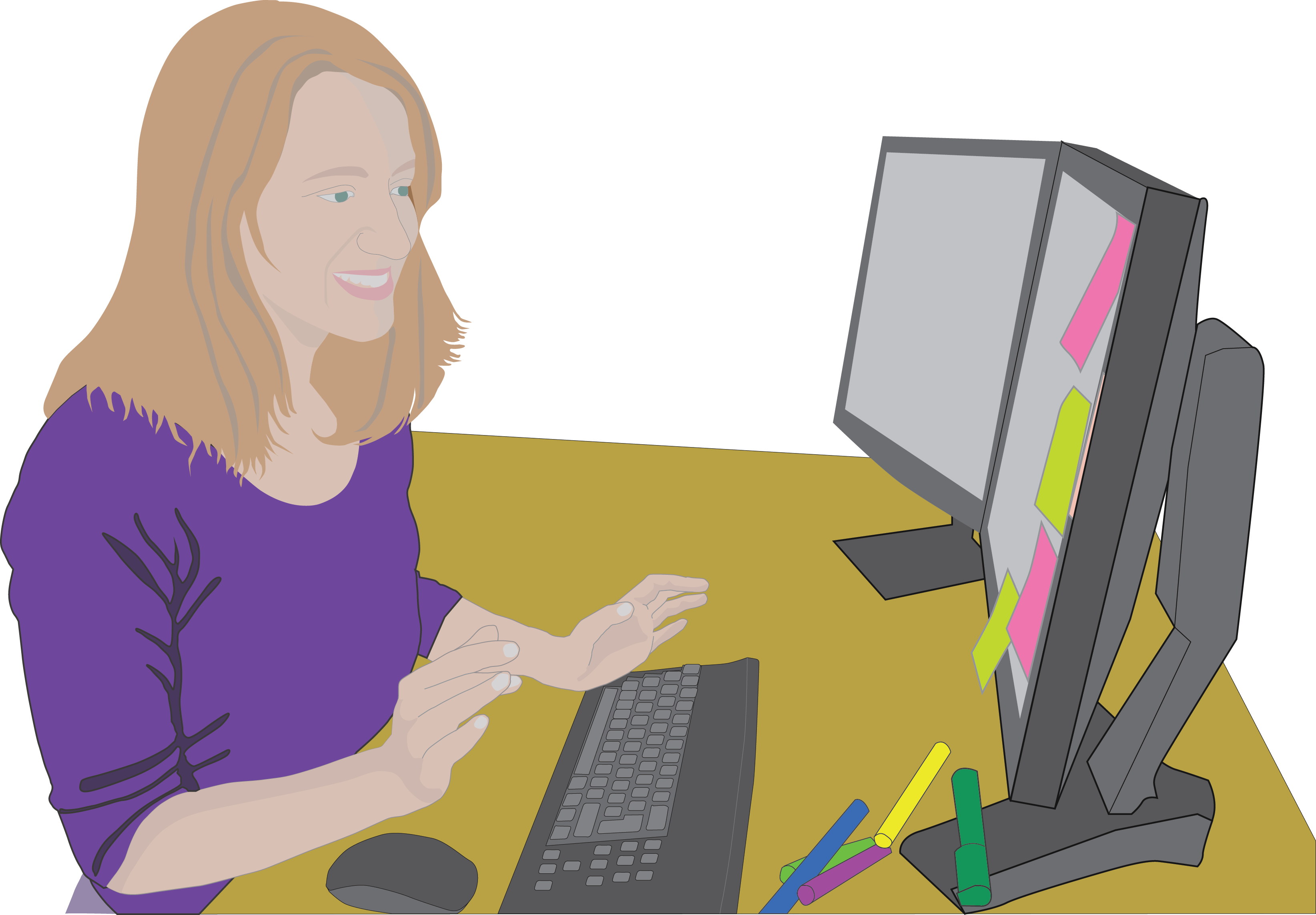Meet Anna

Anna is a lively 17-year-old Londoner. She attends a sixth form college where she is studying history, art history and English. She can’t decide whether she would like to become a history teacher or a jewellery designer. She is very interested in fashion and design, but also history, particularly the Tudor period. She has moderate dyslexia, which affects her ability to read, spell and use numbers.
A day in the life of Anna
Anna is doing a project on life in Tudor times and she decides that she will research men’s fashion from before the Tudors and into the Tudor period, so she can understand where their sumptuous fashions came from. She starts by searching in Google for “Tudor doublets”, but she actually types “Tudor doubllets” and does not realize the spelling is incorrect. Fortunately, Google picks up this error and gives the message “Showing results for Tudor doublets. Search instead for Tudor doubllets”. Anna realizes her mistake and continues searching for doublets. She finds lots of useful information. Then she tries to search back for pre-Tudor fashions, so searches in Google for “doublets 1450 – 1500”, as she knows that the Tudor period started in 1485. But this time she actually types in “doublets 2450 – 1500”. This produces no useful results and she is very confused. She tries a number of other searches before finding useful information using “renaissance doublets”. She never realizes what her mistake in the date was. She also has considerable difficulty in making new searches about renaissance fashion, as she finds this word very difficult to spell, in spite of having written it down in her notebook.
Anna finds many pages of information that she is interested in, but some she simply cannot use, as she cannot read them well enough. She has set her browser to display web pages with brown text on a sepia background, but many websites override these preferences and present the text in other colour combinations that are much harder for Anna to read. In addition, if pages have patterned backgrounds, very busy layouts or worse still, moving banners, Anna finds them too difficult to read. If there is a moving banner, she will hold up a piece of cardboard to cover it over (she carries a collection of different sizes and shapes of cardboard in her handbag for this purpose). But if the presentation of the page is too difficult, she will try to copy the text into a Word document for easier reading, or simply give up on the page.
Finally, Anna is ready to start writing her report!
See also the needs & preferences set for Anna.
German translation of Anna (PDF).
Text: © Copyright: University of York, 2015. The text is made available under a Creative Commons Attribution 4.0 International Licence (CC BY 4.0).
Image: © Copyright: The University of Southampton, 2015. This image is made available under a Creative Commons Attribution 4.0 International Licence (CC BY 4.0).
German translation: Hochschule der Medien / Stuttgart Media University.
MOOCAP is funded by the ERASMUS+ grant program of the European Union under grant no. 2014-1-DE01-KA203-000679 (MOOC Accessibility Partnership), through the German Academic Exchange Service (DAAD). This website reflects only the project’s view and neither the European Union nor the DAAD are liable for any use that may be made of the information contained herein. For more details, including contact details, see also our impressum / legal notice.